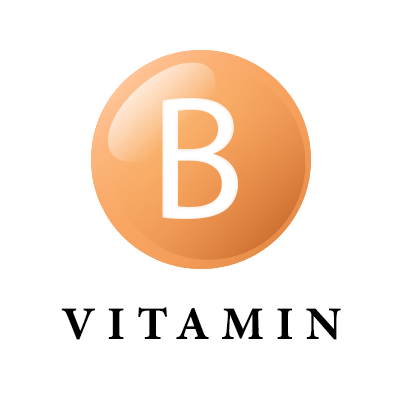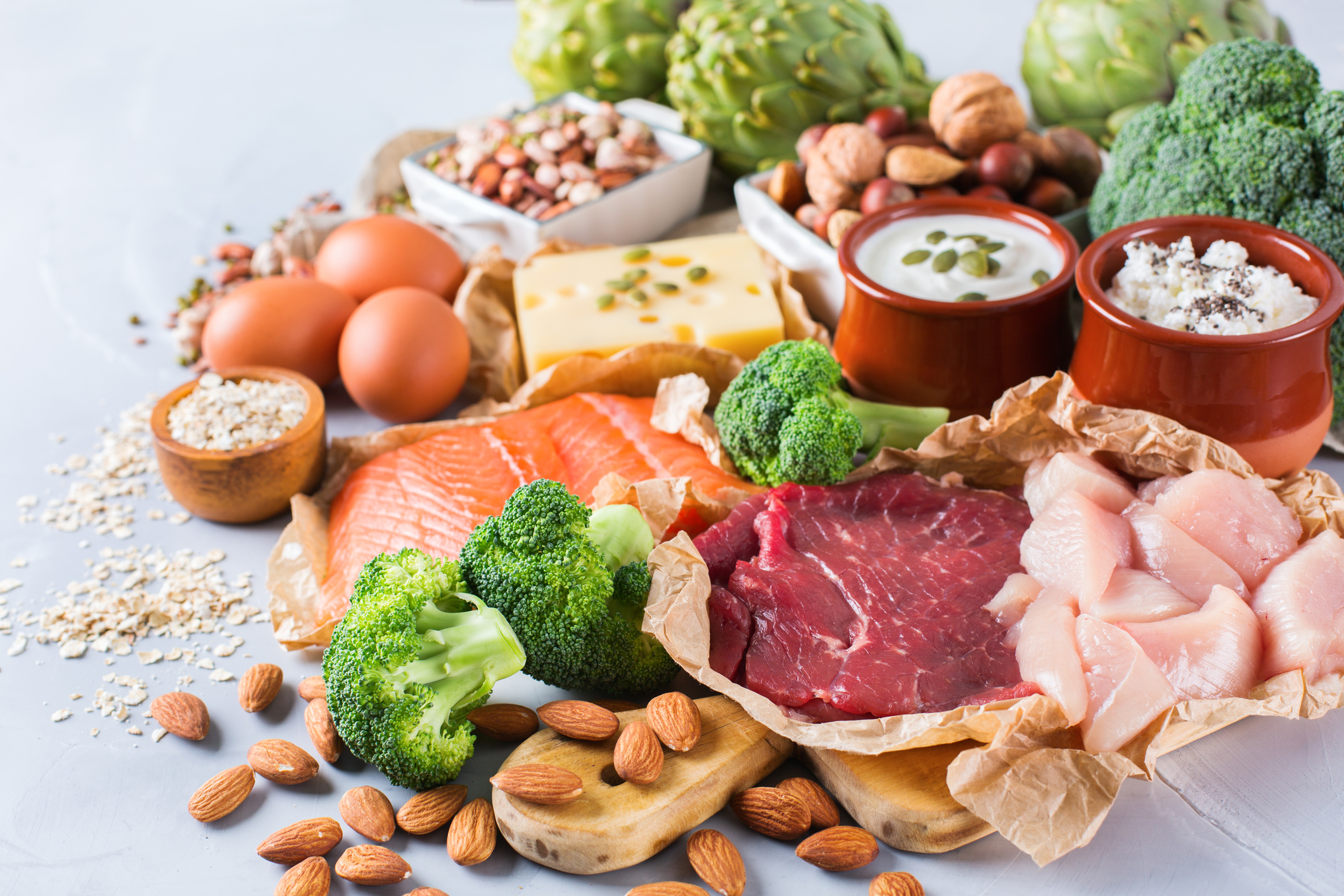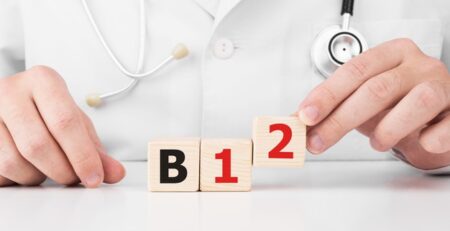What is Vitamin B
What is Vitamin B Good for in Your Body
Vitamins are compounds that differ in their chemical composition but are all similar in the health and nutritional benefits they provide to the body, vitamin B is one of the most important vitamins needed by the body, it is known that vitamins are not produced by the body itself but need to eat foods and rich substances in addition to supplements and pharmaceuticals, and the stock of this vitamin in the body is small except vitamin B12 stored in the liver.
Vitamin B functions regulate vital processes in the body and stimulate energy production. Help perform the functions of enzymes properly and naturally. Regulation of nervous system functions. Production of red blood cells. Maintaining healthy hair and skin. Strengthening the body’s immune system.

Type of Vitamin B Complex
Thiamine groups is vitamin B1 and its importance lies in converting glucose into energy, in addition to its importance in the formation of the nervous system, this vitamin can be obtained from whole grains, legumes, nuts, yeast, red meat, eggs and flour, and this vitamin deficiency causes many complications such as confusion, irritation, weakness of the arm and leg, lethargy, laziness and muscle weakness, as well as affecting heart and vascular health, paralysis of the eye muscle and mental deformity.
Riboflavin helps this vitamin to produce energy, improve vision and get healthy skin, and can be obtained from milk, milk, cheese, eggs, leafy vegetables and liver, and the deficiency of this vitamin causes red infections on the tongue, red cracks in the mouth, inflammation of the eyelids, loss of hair and the appearance of a rash.
Niacin converts this vitamin carbohydrates and fat into energy and has a role in maintaining the health of the nervous and digestive system and getting healthy skin, this vitamin can be obtained from meat, fish, mushrooms, eggs and nuts, causes over-eating redness, nausea and liver damage, as well as lack of infections in the skin, tongue and loss of appetite.

Pantothenic acid for this vitamin plays a role in the production of red blood cells and steroid hormones, obtained from milk, meat, liver, eggs, peanuts and legumes, the lack of it leads to insomnia, fatigue, constipation and stomach disorders.
Folic acid forms this red blood cell acid in addition to its important role in the formation of the nervous system and dna of the fetus, this acid can be obtained from citrus fruits, green leafy vegetables, liver, eggs and poultry, and the lack of this acid causes anemia, weight loss and abnormalities of the fetus during pregnancy.
Vitamin B12 produces this vitamin myelin in neurons, increases a person’s mental abilities and produces red blood cells, important sources of this vitamin, eggs, meat and liver, and causes anemia, loss of appetite, fatigue, insomnia, depression and sometimes paralysis.












Leave a Reply